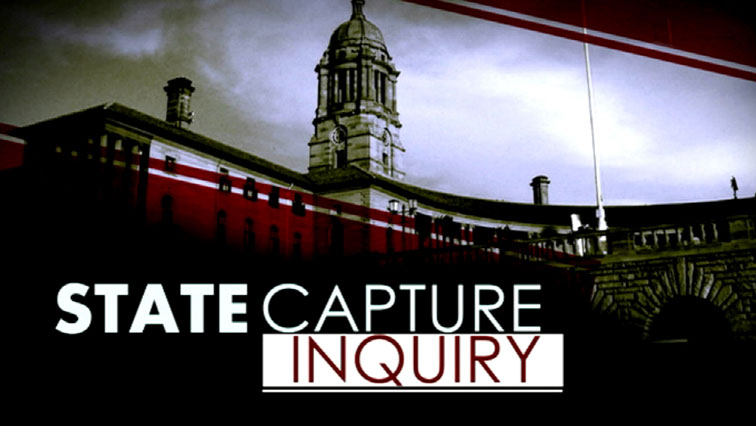There are no less than three commissions of inquiry running in South Africa at the moment. Just when we had thought the report by Judge Richard Nugent on his probe into South African Revenue Service (SARS) was damning as it led to the axing of the former commissioner, Tom Moyane, other commissions were loading.
No one would have anticipated the explosive nature with which the Commission of Inquiry into State Capture led by Deputy Chief Justice Raymond Zondo would resume in 2019.
However, the month of January also saw the commencement of two other critical sittings. One is the inquiry into the fitness to hold office of two top National Prosecuting Authority (NPA) advocates, Nomgcobo Jiba and Lawrence Mrwebiled by former justice of the Constitutional Court Yvonne Mokgoro.
The other is the commission of inquiry into the Public Investment Corporation (PIC) looking into allegations of impropriety regarding various investments which is presided over by former Supreme Court of Appeal President Lex Mpati.
These commissions are not coming cheap at all. For example, the Inquiry into State Capture will cost no less than R230 million in the first six months and it is expected to run for two years or more.
From this, one can conclusively deduce that taxpayers will part with close to a billion rand to sustain these commissions. The irony of it all is that to uncover the truth is coming at a huge price. But that is also the sad truth about corruption: it is costly.
Around 66 000 jobs are lost annually while the GDP looses about R27 billion per annum. Nevertheless, business believes that this is a necessary price tag. Here are three reasons why these commissions of inquiry are necessary.
- To defend and strengthen democracy
Business Leadership South Africa (BLSA) believes that the institutions of democracy must be strengthened and defended. The impunity with which institutions of democracy like the NPA, South African Police Services (SAPS) and others have acted in participation in eroding basic ethos of democracy is disgustful.
As a result, some of these institutions have been collapsed or crippled. These commissions were necessary to clean the image of South Africa.
Reports and evidence of the state being captured under former President Jacob Zuma did not do this country any good. This impacted negatively on service delivery as some municipalities failed to provide basic services.
It is therefore necessary for this country to embark on this costly exercise of commissions because without them, it would have been difficult to put a stop to the malfeasance as presided and unabated by Jacob Zuma.
- To advance ethical leadership
The axing of Tom Moyane from SARS was as a result a recommendation by the Nugent Commission. Former Finance Minister, Nhlanhla Nene resigned following revelations made at the Commission of Inquiry into State Capture.
The same with then Home Affairs minister, Malusi Gigaba. Dr Dan Matjila also quit as CEO of PIC as a result of damning allegations against him, which are to be ventilated on at the PIC Commission.
Another PIC top executive has also resigned following some questionable investments made by the state entity. The long-running battles at the NPA on the other hand are expected to be settled conclusively after the hearings on Jiba and Mrwebi’s fitness to hold office.
Meanwhile, all these would not have been possible if President Cyril Ramaphosa had not showed his good intentions by reshuffling his executive. Without ethical leaders, any government will find it difficult to run a clean administration.
South Africa deserves an unsoiled management and these commissions will ensure that rogue elements with tainted backgrounds are eliminated.
- To boost economic growth
State capture is estimated to have cost up to R100 billion in the past decade.Struggling State Owned Enterprises (SOEs) which are desperate for bailout shows the excessive scale of looting that occurred. For the year 2018, SOEs required R57 billion for bailout.
Reversing the effects of state decay on the poor and vulnerable will take long but South Africa needs to urgently attend to the issue of inclusive socio economic growth to develop an economy that works for all by pursuing growth and redistribution simultaneously.
However, this cannot be achieved while critical institutions like the PIC that are managing over R2.000 trillion in assets are crippled. The economy will continue to suffer if a PIC that administers almost half of its $397 billion GDP is tainted by maladministration. The PIC needs to be stable and spotless for the South African economy to boom.
These commissions are what South Africa needed to establish the truth behind the rot that had engulfed South Africa for many years. However, the most important thing is that all those implicated must face the law. There must be consequences for all the crimes that were aimed at collapsing the state and unduly benefitting from the public purse.
Bonang Mohale is CEO of Business Leadership South Africa (BLSA).






